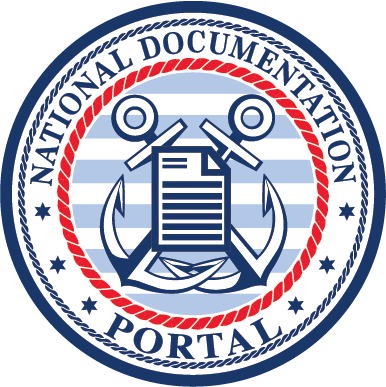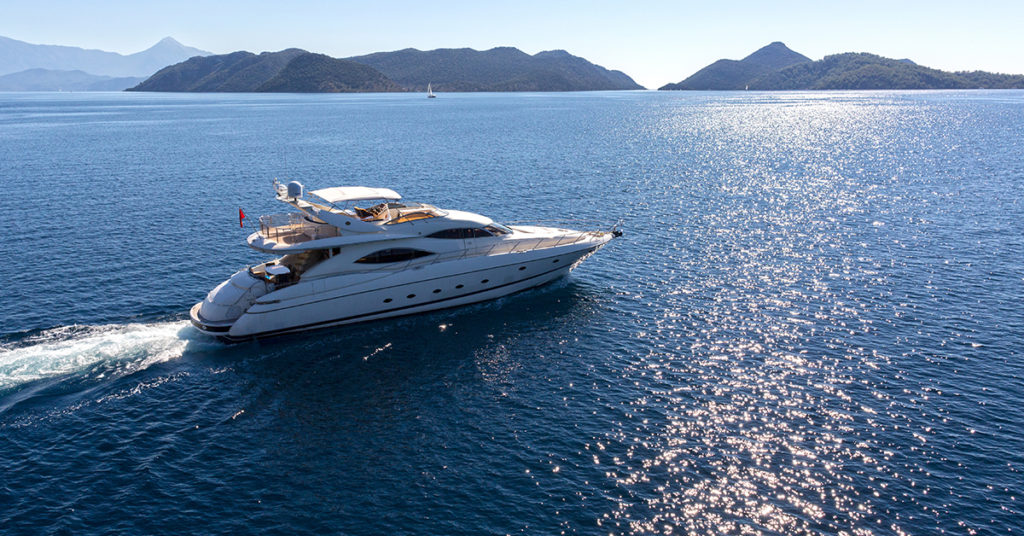Boating in winter is different than doing so in the summer. That said, it has a different kind of magic, an almost mystical air. Riding your boat down a river or lake, seeing the barren trees on the shore, the brisk wind in your hair – these are the experiences of which lifetime memories can be made. With Valentine’s Day just over the horizon, many happy couples will spend a romantic boat ride together. Here at our vessel documentation site, our focus is, always, vessel documentation. That said, we want you to boat safely, too, whether you’re at the helm of a documented vessel or any other kind.
Documented Vessel
That’s the rule for if you fall into the water. The first “one” stands for “one minute.” Specifically, you have one minute from the moment you fall into the water to recover, to control your breathing. If you’ve heard of “shock” from falling into the cold water, this is what they’re referring to. It’s natural to freak out, to be scared, to start breathing quickly, all of that – however, the sooner you can get your breathing back under control, the better. The “ten” comes from having “ten minutes” of good movement in cold water till you lose dexterity, and the last “one” comes from “one hour.” Meaning, “you have about one hour till hypothermia sets in.” The moral of 1 10 1 – get out of the freezing water as soon as you can.
Check Your Batteries (Again)
It may sound a little hard to believe, but studies have born it out: your batteries drain faster in cold weather. It’s true. This is the kind of thing that may sound like something your dad heard from someone decades ago and all accepted it as gospel, but your batteries really do drain quicker in cold temperatures. So, make sure that your battery is charged before you go out in cold weather every time. After all, you don’t want to get out on the water and then run out of battery power.
Snow and Ice are Heavier Than You Think
On average, even just one square foot of snow can weigh over twenty pounds. That’s just one, imagine what many do. We know that for plenty of vessel owners, you might go under your tarp to fix something, or just to check up on your boat even if you don’t plan on taking it out. Be careful about snow, never underestimating how heavy it can be before you go underneath it or try to get rid of it.
Make a Vessel a Documented Vessel Year Round
There’s never a bad time to take care of your vessel documentation. Many vessel owners tell us that they prefer to do it during the winter months, as they’re spending less time out on their vessels. If you do it during January and February, you’ll be able to “hit the ground running,” so to speak, when the spring and summer come. For more: (866) 981-8783.

